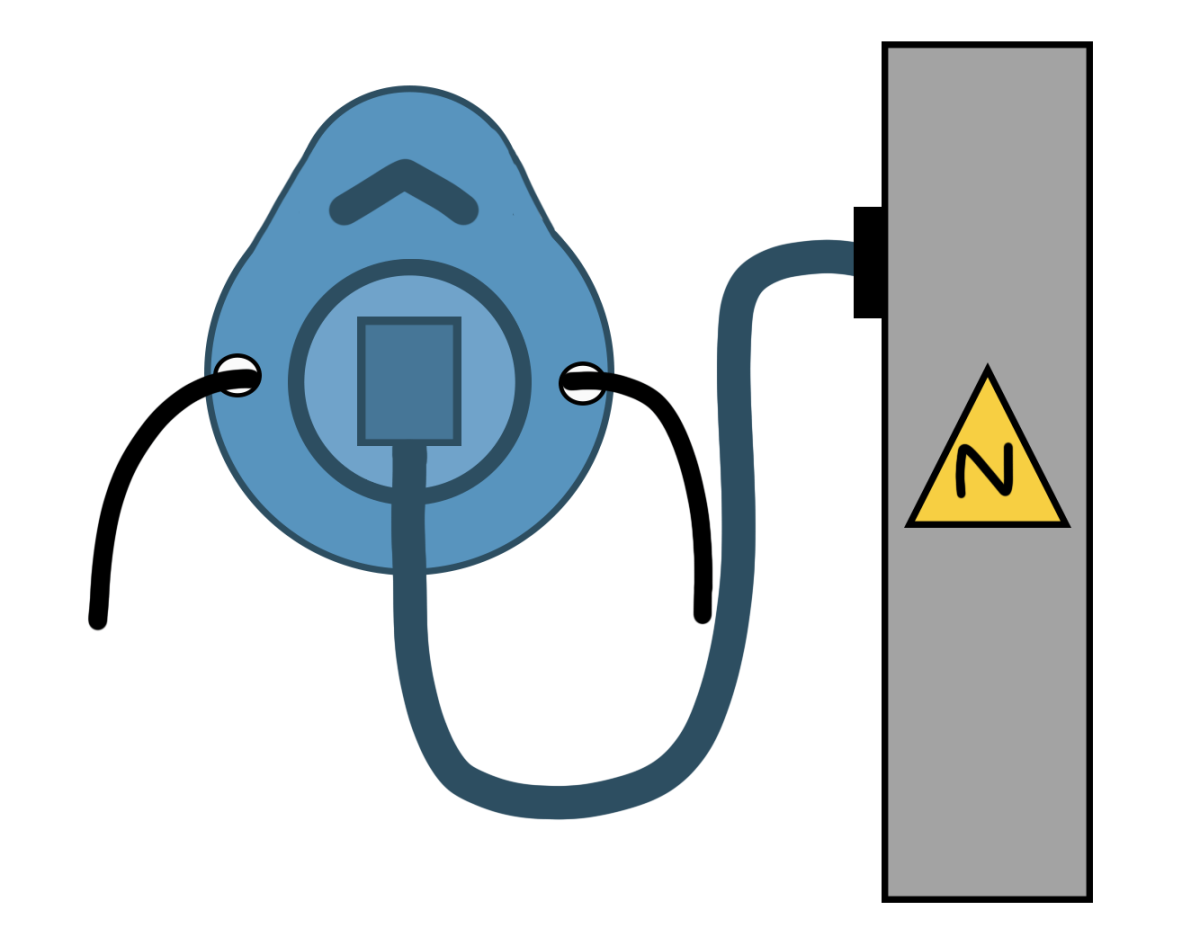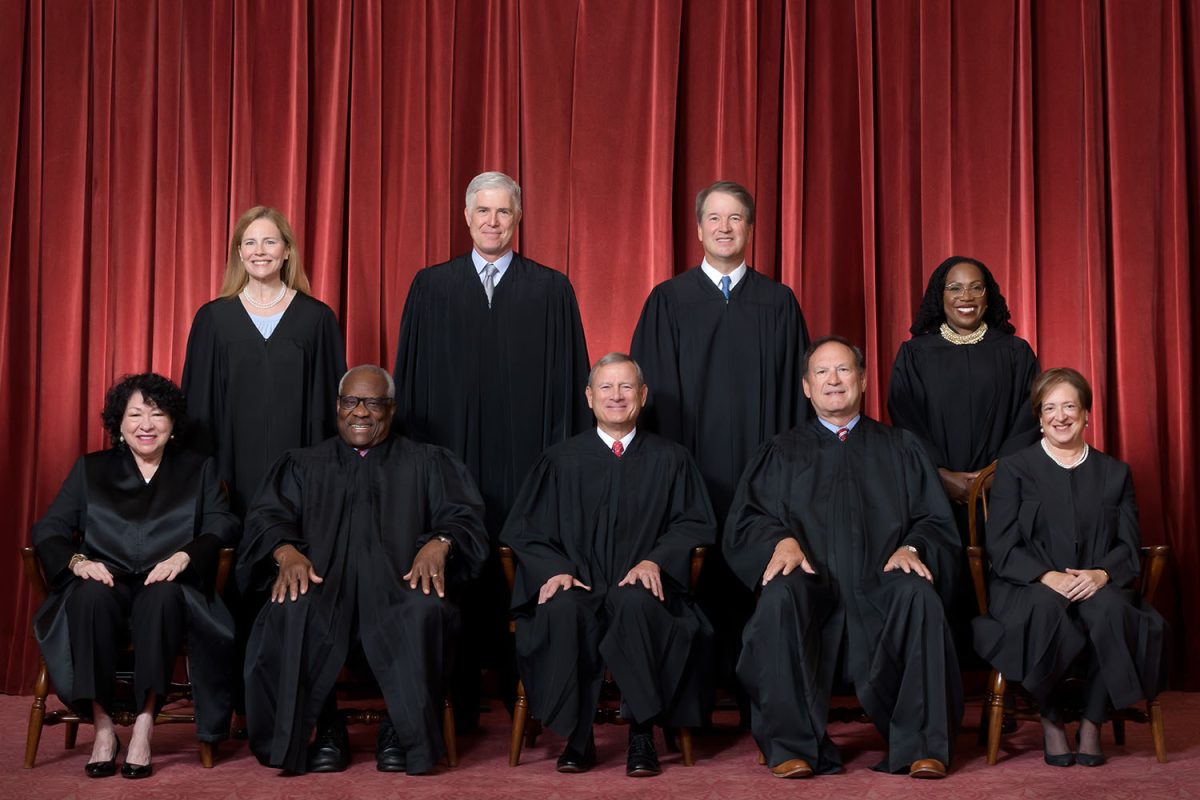The 8th Amendment prohibits the infliction of cruel and unusual punishments on those convicted of crimes. Despite this, on Jan. 25, Kenneth Eugene Smith was executed using pure nitrogen gas in Alabama. Capital punishment as a concept is already extremely flawed; however, this experimental execution was an overexertion of power, setting a dangerous precedent for capital punishment.
Smith was convicted and sentenced to death in 1988 after killing Elizabeth Sennett. In 2022, workers tried to execute him via lethal injection but failed to find a usable vein. The execution was then postponed and Smith and his lawyers requested nitrogen gas instead of lethal injection, as there was no other alternative.
However, before the execution was scheduled, Smith and his lawyers argued against the gas, stating that the use of an untested method was a violation of the 8th Amendment’s cruel and unusual punishment protection. They initiated several legal challenges, including to the U.S. Supreme Court, but unfortunately failed, and Smith’s second execution was approved. Alabama Attorney General Steve Marshall praised the punishment, stating it is “perhaps the most humane method of execution ever devised.”
However, according to the Equal Justice Initiative, this commendation is not deserved. Nitrogen euthanization for most animals is disapproved of because of the distressing side effects that can occur before the loss of consciousness. Additionally, if administered incorrectly, nitrogen gas can induce vomiting, feelings of suffocation, choking, or even a stroke instead of death. It can also be dangerous to those who administer it, as it is odorless, colorless and extremely lethal.
During Smith’s execution, nitrogen flowed through a mask for approximately 15 minutes. For 10 of those minutes, he was conscious. For two minutes, Smith violently thrashed against the restraints in seizure-like motions, and in his last moments, he was seen deeply gasping for breath before eventually being pronounced dead. Before the execution, he admitted the prospect of dying by nitrogen to be “terrifying.”
For an execution method that is supposed to be swift and painless, Smith’s reaction was anything but. He did not die peacefully, as promised. He was not sedated prior to the execution, and instead died slowly and panicked. His death was inhumane and violated the 8th Amendment.
Experts from the United Nations also expressed concern before the execution, stating that experimental executions by gas would likely violate a prohibition on torture and other cruel punishments. However, despite warnings from various organizations that matched the terminology in the 8th Amendment, Smith was still executed by nitrogen.
The purpose of the 8th Amendment is to protect those convicted of crimes from government abuses of power. Yet, because of the ambiguous language used, court interpretation of what is cruel and unusual varies. This further highlights the problem of capital punishment in the United States: there’s no standard. Additionally, capital punishment is typically useless anyway. It is unfairly applied, wastes resources, denies the due process of law and doesn’t reduce crime.
Opposing the death penalty does not mean that the terrible crimes committed by convicts are ignored. It just means that as a moral, killing a person is wrong, especially when done in inhumane ways. After all, how can we convict someone like Smith, who committed murder, and then repeat the crime by suffocating him to death? This execution just shows that the system is no better than they are.









Michael • Feb 29, 2024 at 5:10 pm
The argument presented in the article regarding the use of nitrogen gas asphyxiation for execution relies on a flawed interpretation of the 8th Amendment. While the author asserts that the Amendment prohibits cruel and unusual punishment, recent Supreme Court rulings, such as in Bucklew v. Precythe, (2018), clarify that the Amendment does not guarantee a painless death. Rather, it prohibits methods that intensify the sentence through excessive pain, terror, or disgrace.
However, a more objective approach would have been to highlight the inherent inability to guarantee guilt without doubt or error of those sentenced to death. Given the irreversible nature of capital punishment, the inability to ensure 100% accuracy in verdicts raises significant concerns, irrespective of the method of execution chosen.